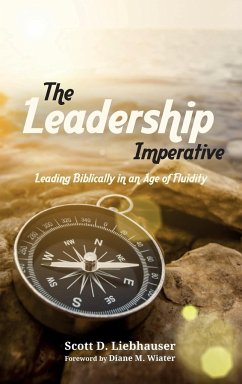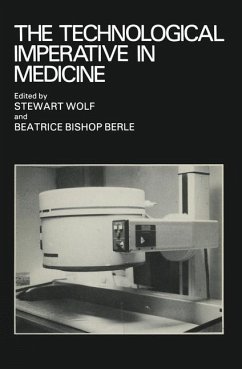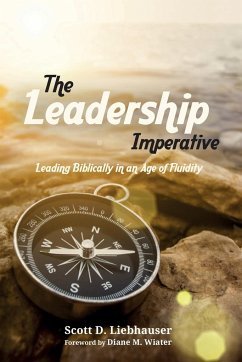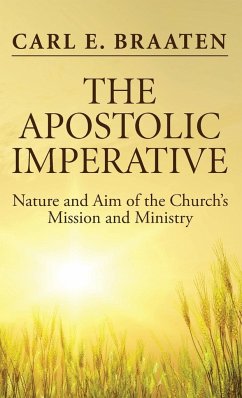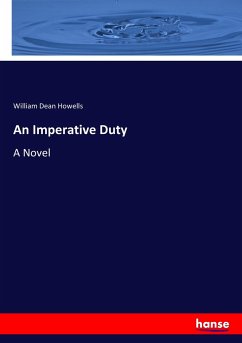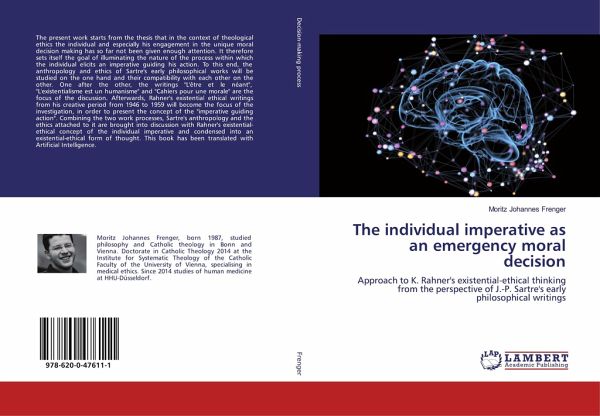
The individual imperative as an emergency moral decision
Approach to K. Rahner's existential-ethical thinking from the perspective of J.-P. Sartre's early philosophical writings
Versandkostenfrei!
Versandfertig in 1-2 Wochen
45,99 €
inkl. MwSt.

PAYBACK Punkte
23 °P sammeln!
The present work starts from the thesis that in the context of theological ethics the individual and especially his engagement in the unique moral decision making has so far not been given enough attention. It therefore sets itself the goal of illuminating the nature of the process within which the individual elicits an imperative guiding his action. To this end, the anthropology and ethics of Sartre's early philosophical works will be studied on the one hand and their compatibility with each other on the other. One after the other, the writings "L'être et le néant", "L'existentialisme est u...
The present work starts from the thesis that in the context of theological ethics the individual and especially his engagement in the unique moral decision making has so far not been given enough attention. It therefore sets itself the goal of illuminating the nature of the process within which the individual elicits an imperative guiding his action. To this end, the anthropology and ethics of Sartre's early philosophical works will be studied on the one hand and their compatibility with each other on the other. One after the other, the writings "L'être et le néant", "L'existentialisme est un humanisme" and "Cahiers pour une morale" are the focus of the discussion. Afterwards, Rahner's existential ethical writings from his creative period from 1946 to 1959 will become the focus of the investigation, in order to present the concept of the "imperative guiding action". Combining the two work processes, Sartre's anthropology and the ethics attached to it are brought into discussion with Rahner's existential-ethical concept of the individual imperative and condensed into an existential-ethical form of thought. This book has been translated with Artificial Intelligence.




